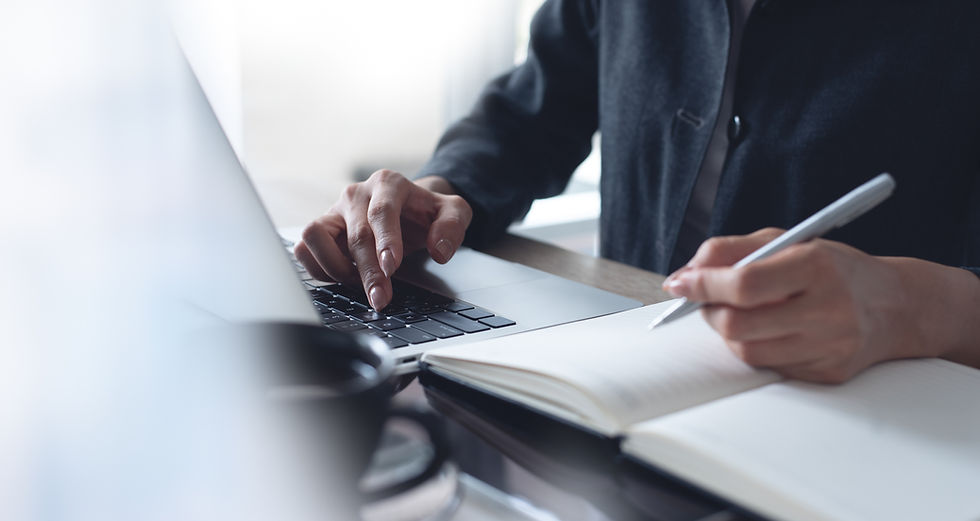How to Work with an Editor
- Anna Wardle
- Jul 30, 2024
- 2 min read
Updated: Aug 16, 2024
Collaborating with an editor can elevate your writing from good to exceptional. Whether you're a student, academic, or professional, knowing how to work effectively with an editor can make a big difference. Follow this practical guide to help you make the most of your editing partnership.

1. Find the Right Editor
Start by selecting an editor who suits your needs. Different editors specialise in various areas, such as content organisation, grammar, or final proofreading. Choose someone who has experience in your field or genre, but remember, editors don’t have to be content experts. Their main role is to help you communicate your message clearly and effectively.
2. Share Your Goals and Expectations
Before the editing begins, clearly discuss what you want to achieve. Share your vision for the piece, including the tone and key points you want to emphasise. Let your editor know about any deadlines or specific requirements you have. Clear communication will help you both stay aligned throughout the process.
3. Provide Background Information
Help your editor understand the context of your work. Provide details about your target audience, the purpose of the piece, and any important themes. This background information helps your editor make more informed suggestions and edits that match your goals.
4. Be Open to Feedback
Receiving feedback can be challenging, but it's an essential part of the editing process. Keep an open mind and consider the editor’s suggestions thoughtfully. Even if you don’t agree with every edit, understanding their perspective can help you refine your writing.
5. Ask Questions
If something in the feedback isn’t clear, ask your editor for more details. A good editor will be happy to explain their suggestions and help you understand how to improve your work. Engaging in a discussion about the edits can also be a great learning experience.
6. Review Edits Carefully
Once you receive the edited document, review the changes carefully. Make sure the revisions align with your voice and objectives. It's important to strike a balance between implementing edits and maintaining your personal style.
7. Collaborate Effectively
Editing is a collaborative effort. Approach the process with a positive and respectful attitude. Acknowledge your editor’s expertise and be willing to discuss their suggestions. Building a strong working relationship can lead to better results and benefit future projects.
8. Understand the Editing Stages
Familiarise yourself with the different types of editing. Developmental editing focuses on structure and content, copyediting addresses grammar and style, and proofreading catches final errors. Knowing what each stage involves helps you manage your expectations and appreciate the value of each type of editing.
Working with an editor is a valuable part of the writing process. By choosing the right editor, communicating clearly, being open to feedback, and collaborating effectively, you can enhance your writing and achieve your goals. Embrace the editing process as a partnership that helps you refine your work and reach your full potential.



Comments